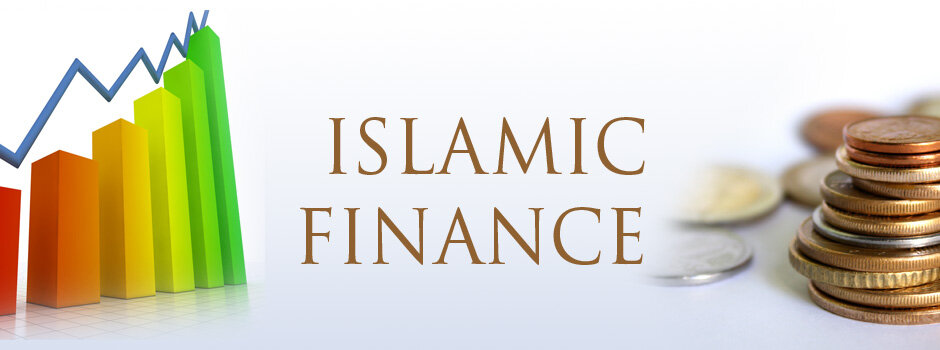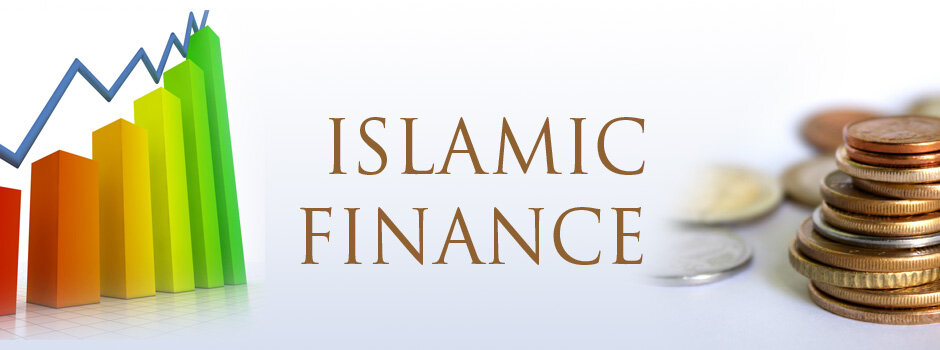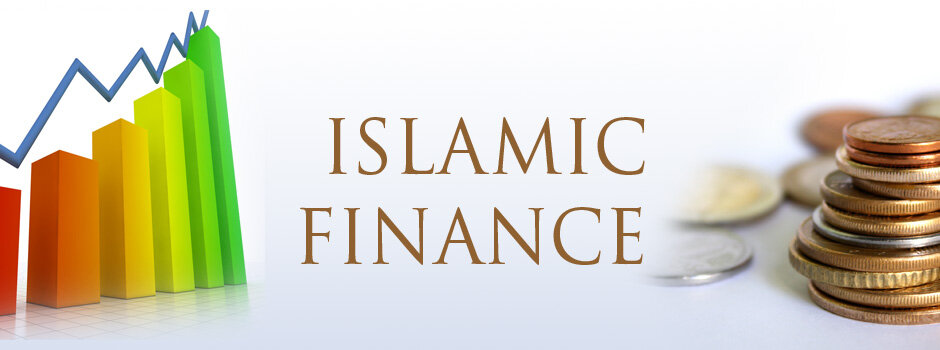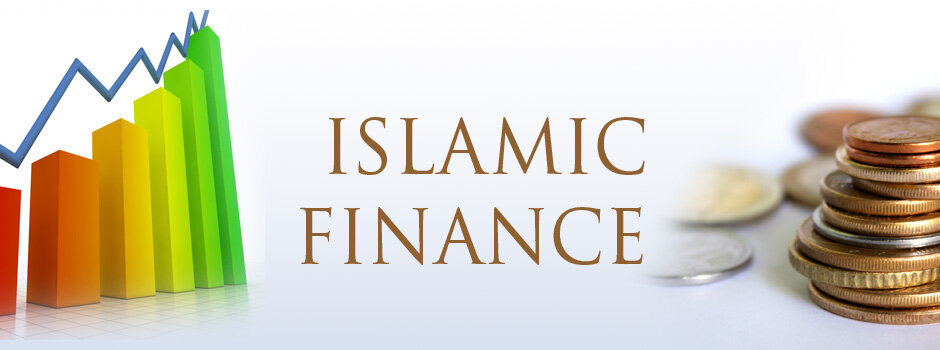Barakah’ linguistically in Arabic means increase, growth, continuity, and is often translated as the divine blessing of Allah, which is unseen and expressed as an unquantifiable enhancement, as well as abundance. Barakah is solely granted by Allah to those who seek closeness to Him and His pleasure. That means, in order to enjoy a full and prosperous life, people need the blessings of Allah.The impact of barakah as the divine blessing of Allah manifests in various aspects of life, including wealth and resources, time, and the results of work and activities. For example:
- Wealth: Financial stability and prosperity.
- Time: The ability to accomplish more in less time.
- Family: Blessings in family relationships and harmony.
- Work: Success and productivity in one’s career or business.
- Results: Achieving positive outcomes and success in endeavors.
- Resources: A prolonged use and life.
- Money: Ability to achieve more with less expenditure.
- Protection: stronger layer of protection and preservation.
While there isn’t a fixed formula for attaining Barakah, there are several Islamic principles and practices in the Quran and Sunnah that can help individuals experience it in their lives. Some are similar as in seeking sustenance such as:
- Allah’s Consciousness (Taqwa)
- Reliance in Allah (Tawakkul )
- Seeking forgiveness and repent (Istighfar)
- Supplication (making dua)
- Giving charity (sadaqa)
- Eating halal food
Other ways of obtaining barakah, include:
- Beginning whatever is being done with the name of Allah.
- Reading and reflecting the Quran. The Quran is the speech of Allah and a source of guidance and wisdom for Muslims. The more Muslims regularly engage with the Quran and practice the message in their acts of worship and behavior, it opens up pathways for blessings in their lives.
“And this is a Book which We have sent down, blessed and confirming what was before it, that you may warn the Mother of Cities and those around it. Those who believe in the Hereafter believe in it, and they are maintaining their prayers.” - (6:92).
- Honesty in Trading and Income: Sincerity when conducting business is a way to increase barakah in income, which reflects the following hadith of the Prophet Muhammad, peace be upon him, who guaranteed barakah for those who were truthful and honest in carrying out business deals.
Reported from Hakim bin Hizam, may Allah be pleased with him: “The Prophet (ﷺ) said, "The buyer and the seller have the option of canceling or confirming the bargain unless they separate, and if they spoke the truth and made clear the defects of the goods, them they would be blessed in their bargain, and if they told lies and hid some facts, their bargain would be deprived of Allah's blessings." - (Al Bukhari, no. 2110).
- Right intention (Niyah) when performing an act. To have barakah in actions it’s important to have the right intent. Ikhlaas – sincere intentions in one’s devotion to Allah. From Umar ibn al-Khattab, may Allah be pleased with him: the Prophet, may peace be upon him, said: “I heard Allah's Messenger (ﷺ) saying, "The (reward of) deeds, depend upon the intentions and every person will get the reward according to what he has intended. So whoever emigrated for the sake of Allah and His Apostle, then his emigration will be considered to be for Allah and His Apostle, and whoever emigrated for the sake of worldly gain or for a woman to marry, then his emigration will be considered to be for what he emigrated for." - (Al Bukhari, no. 6689).
Barakah is a profound concept in Islam, signifying the divine blessings that can manifest in various aspects of a person’s life. By integrating these principles into daily life and seeking Allah’s favor, Muslims can hope to lead a life enriched with barakah. Barakah is a reflection of Allah’s grace, and striving to align actions with His guidance is the path to experiencing its abundance.










